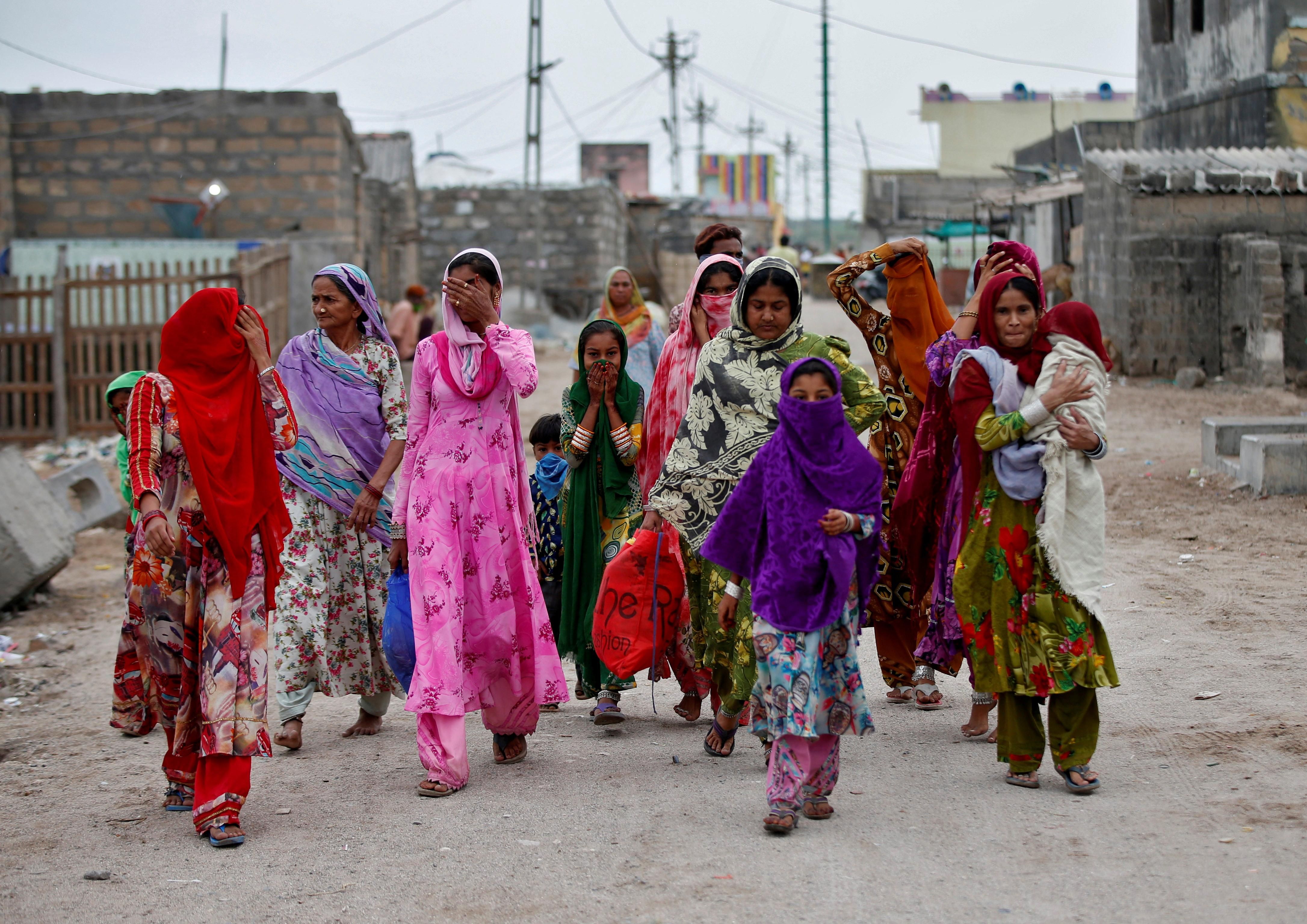News
May 17, 2021
150,000: A deadly cyclone is set to make landfall in COVID-stricken India and has already prompted the evacuation of 150,000 people along the coast of Gujarat, India's third largest state. Dozens of people have already been killed there due to high winds and heavy rain.
42: At least 42 Colombians have been killed since a now-scrapped controversial tax bill provoked the country's largest and most violent protests in decades. Social movements have called on the Colombian government to condemn "explicitly and forcefully the abuses of the security forces" as a precondition for negotiations.
745,000: A new World Health Organization report found that 745,000 people died globally in 2016 because of "long working hours." The report revealed that working 55 hours a week or more increased the likelihood of stroke and heart disease-related deaths. The WHO said this trend is likely to worsen because of pandemic-driven "work from home" arrangements.
180: Taiwanese officials enforced new restrictions on movement in Taipei after 180 new COVID-19 infections were recorded in the capital on Saturday, the biggest daily increase since the pandemic began. To date, Taiwan has managed to avoid large scale lockdowns after the government acted swiftly to limit the virus' spread last year.
More For You
- YouTube
In this episode of "ask ian," Ian Bremmer breaks down Notre Dame football.
Most Popular
Geoffrey Hinton, the ‘Godfather of AI,’ joins Ian Bremmer on the GZERO World podcast to talk about how the technology he helped build could transform our lives… and also threaten our very survival.
- YouTube
Is the AI jobs apocalypse upon us? On Ian Explains, Ian Bremmer breaks down the confusing indicators in today’s labor market and how both efficiency gains as well as displacement from AI will affect the global workforce.
Members of the Uyghurs diaspora gather in front of Alberta Legislature during the protest 'Stand in Support of East Turkistan' to commemorate the 1990 Barin Uprising, on April 6, 2024, in Edmonton, Alberta, Canada. The East Turkestan independence movement seeks the region's independence for the Uyghur people from China. They advocate renaming the region from Xinjiang to East Turkestan, its historical name.
Photo by Artur Widak/NurPhoto
Remember Xinjiang? There was a time, not long ago, when China’s crackdown on the Uyghurs, a Muslim minority group living in Xinjiang province in Northwestern China, was a hot topic. But these days the attention has faded.
© 2025 GZERO Media. All Rights Reserved | A Eurasia Group media company.
